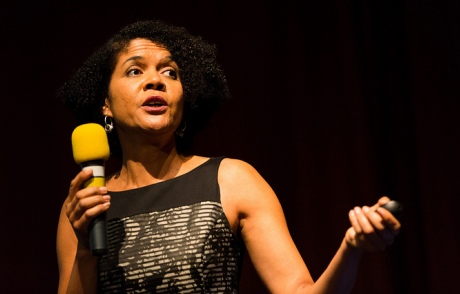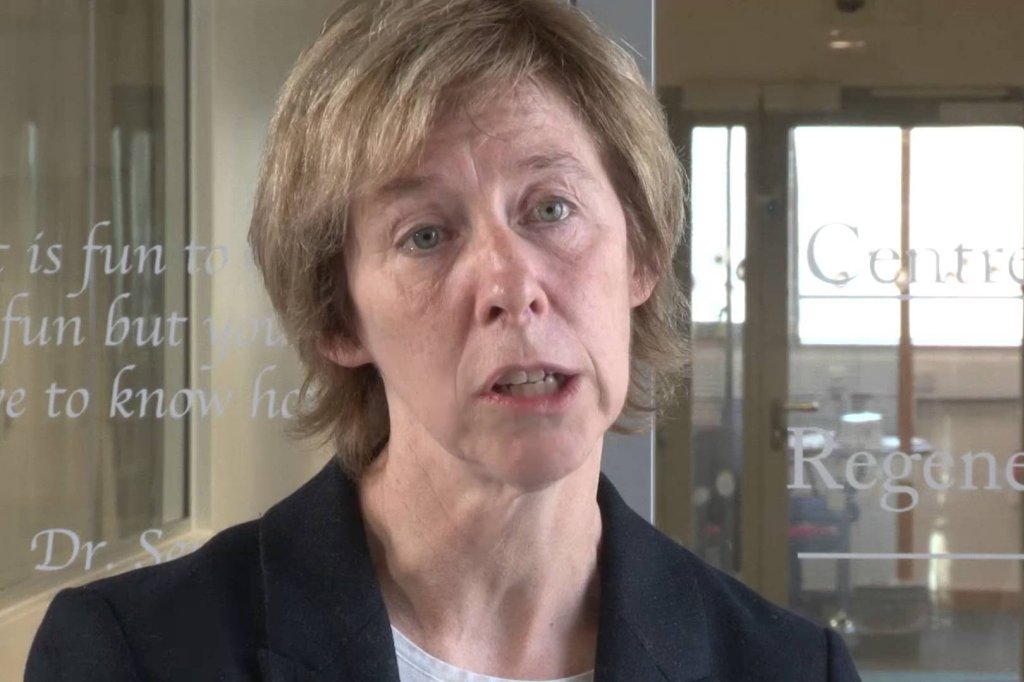Only one in ten UK IT Directors are women

Latest figures from the 2015 Women in IT Scorecard research, published today by BCS, The Chartered Institute for IT and the Tech Partnership, show that just one in ten IT Directors are women. The Scorecard also reveals that only 17% of the 1.18m IT specialists working in the UK in 2014 are women. This compares with a figure of 47% for the workforce as a whole.
Gillian Arnold, Chair of BCSWomen says: “Female representation in the IT professions has changed little in the past ten years despite significant growth in the number of women working in IT roles (up 19% between 2004 and 2014). This is just not sustainable if the UK is going to remain competitive in this field and fill its looming skills gap. Employers are missing out on 50% of the talent available and we need to take action to address this as a profession and as a nation.”
The report shows that female representation within IT occupations ranges from one third (33%) of employees working as Web Design & Development Professionals to less than one in ten (10%) working as IT Directors. Amongst those employed as Programmers and Software Developers (the largest group of IT specialists) only around one in ten (13%) are women.
Karen Price OBE, CEO, The Tech Partnership adds: “Employers are profoundly concerned by the tech sector’s continued difficulties in appealing to women, and they are working hard to implement programmes that attract, recruit and retain female talent. But they know that the problem has much deeper roots - girls’ disaffection with technology starts at school. Last year just 8% of Computing A Levels went to female candidates. Real progress will require concerted action by government, industry and education: the Tech Partnership’s own TechFuture programmes are making a real difference to young women’s attitudes to technology, and showing how much can be achieved when everyone works to a common goal.”
The research found that with gross weekly earnings of £650 per week, female IT specialists were found to be earning only 84% of the rate for males working in such positions during 2014 (£770 per week). The difference in female and male pay rates appears to be greatest amongst ‘professional’ level IT positions.
Gillian adds: “One issue still largely unaffected by recent changes is the gender pay gap. Industry leaders need to think seriously about the impact of the gender pay gap on the retention of women in tech. Women have such potential to contribute to our profession, and we need to prove to all that we are forward thinking and fair to all of our workers. And the industry will have the chance to get the breadth of input from all sections of society that will keep it vibrant and forward-looking.”
Highlights from the research:
- Just under 20,000 female IT specialists were self-employed in 2014 - proportionately much less than either male IT specialists (13%) or UK workers as a whole (15%).
- Just under six in ten (59%) of all females employed as IT specialists in 2014 were working within small and medium sized enterprises (SMEs).
- Female representation in the IT professions was low in all UK regions/devolved nations during 2014 and ranged from 15% of IT specialists employed (or self-employed) in the East of England and the South East to 20% of those working in Wales.
- Around one third (34%) of female IT specialists were working in IT businesses in 2014 compared with almost one half (45%) of males working in such roles and of all IT specialists working in IT firms only 13% were women.
- On average, around one in twenty (6%) female IT specialists were looking for a new or additional job during 2014 and over the 2011-2014 period at least, the most common means of finding employment as an IT specialist, was by replying to an advert and using recruitment agencies.
In her blog, Chi Onwurah MP Shadow Minister, (Cabinet Office) states "the lack of diversity in computing, construction and other professions (including politics!) is not just unfair; it is bad for our economy and our global competitiveness. Studies, by McKinsey and others, show that more diverse companies are more successful and more resilient. The BCS Scorecard brings together all the data we have on women in IT and enables us to begin to see were the problems are in real life who is doing well, who is doing badly."
The full report can be found at: www.bcs.org/scorecard2015




